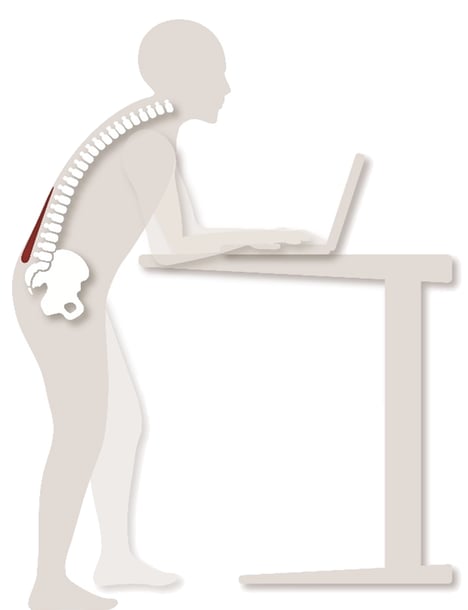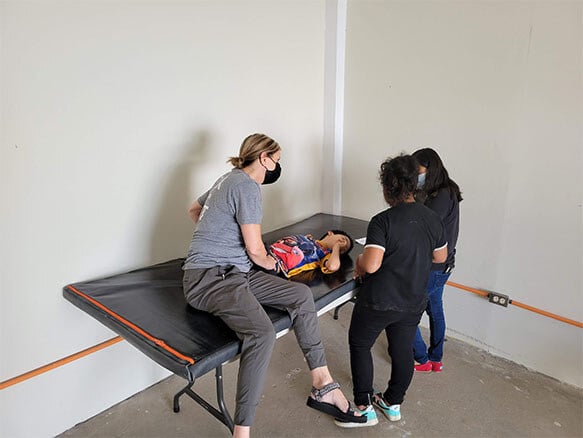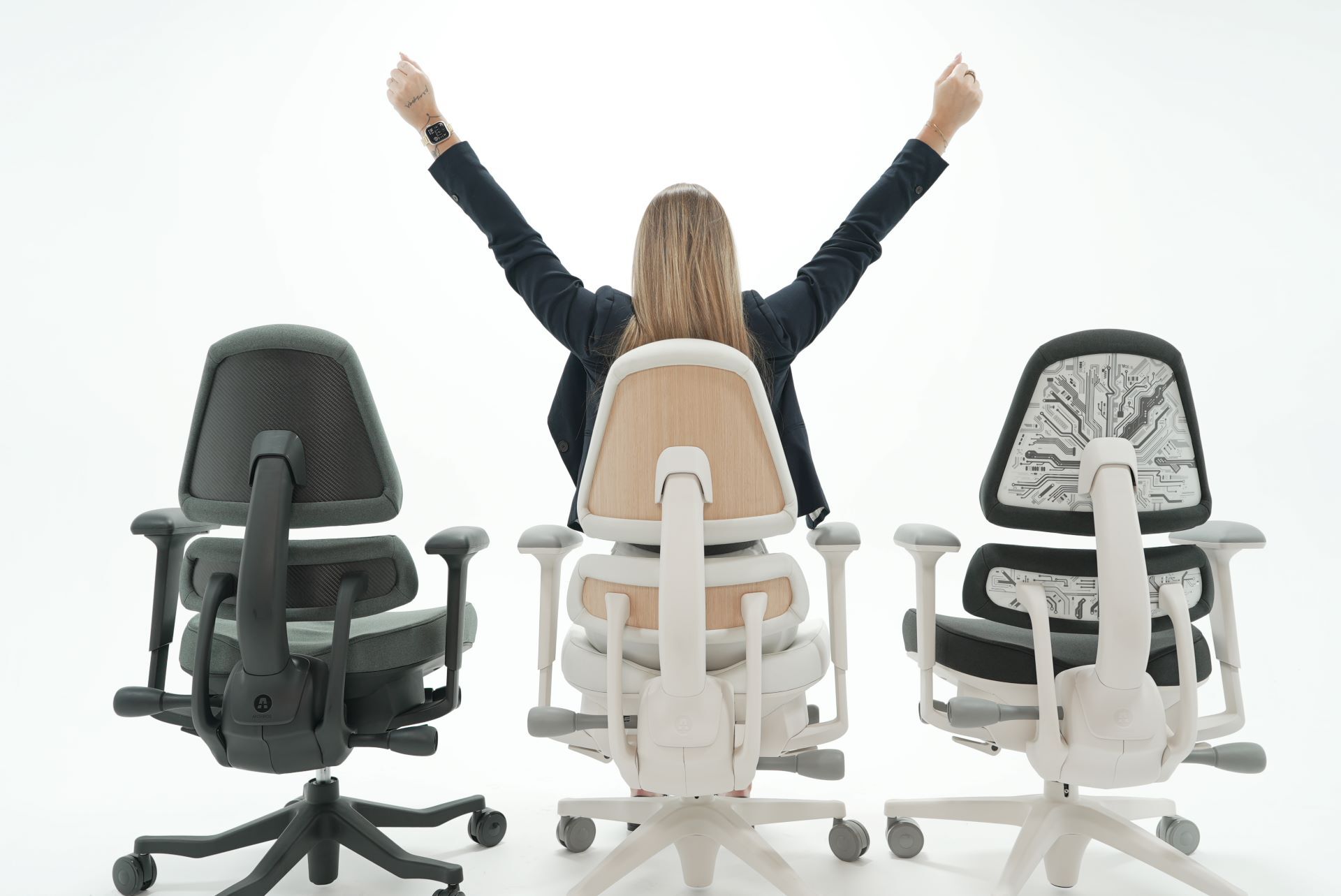Why standing desks are causing poor work performance.
Standing desks, also known as height-adjustable desks or sit-stand desks, have gained popularity in recent years as a way to combat the negative health effects of sitting for long periods of time. While standing desks may have some benefits, there is evidence to suggest that they can also cause poor work performance in some cases.
One reason standing desks may lead to poor work performance is that they can cause fatigue and discomfort.1 Standing for long periods of time can lead to tiredness in the legs and feet, as well as discomfort in the lower back and shoulders. This can make it difficult for individuals to concentrate and complete tasks efficiently.
Another reason standing desks may cause poor work performance is that they can lead to an increased risk of musculoskeletal disorders. Studies have shown that standing desks can increase the risk of lower back pain, neck pain, and shoulder pain, as well as increase the risk of developing carpal tunnel syndrome and other hand and wrist injuries. These conditions can make it difficult for individuals to perform their job duties effectively.


Is A Standing Desk Good For You?
A study published in the journal Ergonomics found that standing desks may also negatively impact cognitive performance. The study found that standing desks caused a decrease in task performance and an increase in errors compared to sitting desks.2
The study published in the journal Ergonomics that explored the impact of standing desks on cognitive performance was a randomized controlled trial conducted in an office setting. The study included 48 office workers who were assigned to either a standing or a sitting desk for a period of six weeks. The researchers measured task performance, errors, and subjective ratings of comfort and fatigue at the beginning and end of the study.
The results of the study showed that standing desks caused a significant decrease in task performance and an increase in errors compared to sitting desks. The standing desk group also reported higher levels of fatigue and discomfort compared to the sitting desk group.
Another study published in the journal Ergonomics found that standing while working was associated with an increased risk of cognitive failures, such as decreased reaction time or making a mistake. The study also found that standing while working was associated with an increased risk of muscle fatigue, lower limb swelling, and overall discomfort.3

These findings suggest that standing desks may not be suitable for all types of work and may not be the best choice for individuals who need to maintain a high level of cognitive performance. It’s important for individuals to consider their own needs and preferences when deciding whether a standing desk is right for them.
It’s also important to note that the negative effects of standing desks on cognitive performance may be partly due to the fact that many individuals aren’t used to standing for long periods of time. It’s important for individuals to find a balance between sitting and standing, and to take regular breaks to stretch and move throughout the day. This is why having a high-quality office chair that supports the body in the right places is so important!
Overall, while standing desks may have some benefits, there is evidence to suggest that they can also cause fatigue, discomfort, and musculoskeletal disorders, leading to poor work performance.
If you are looking for an effortless sit, look no further than Anthros.
Anthros is the only chair in the world that is guaranteed to improve posture or your money back. The science-backed, patented design is registered with the FDA as a posture-improving chair and is proven to have the lowest pressure (most comfortable) cushion on the planet (verified by university testing).
Take the next step to reducing pain, increasing comfort, and maximizing performance!
References:
- Waters, T and Dick,R. “Evidence of Health Risks Associated with Prolonged Standing at Work and Intervention Effectiveness “Rehabilitation Nursing 2014, 0, 1–18.
- Russell, B. A., Summers, M. J., Tranent, P. J., Palmer, M. A., Cooley, P. D., & Pedersen, S. J. (2016). A randomised control trial of the cognitive effects of working in a seated as opposed to a standing position in office workers. Ergonomics, 59(6), 737-744.
- Richelle Baker, Pieter Coenen, Erin Howie, Jeremy Lee, Ann Williamson & Leon Straker (2018) A detailed description of the short-term musculoskeletal and cognitive effects of prolonged standing for office computer work, Ergonomics, 61:7, 877-890, DOI: 10.1080/00140139.2017.1420825.
Recent Post

Anthros Decompress Mode: A New Way to Sit, Move, and Recover
December 23, 2025Adding a cushion to your office or gaming chair...

Four Lessons About Seating Everyone Can Learn from Wheelchair Users
September 18, 2025Working with wheelchair users has been an...










